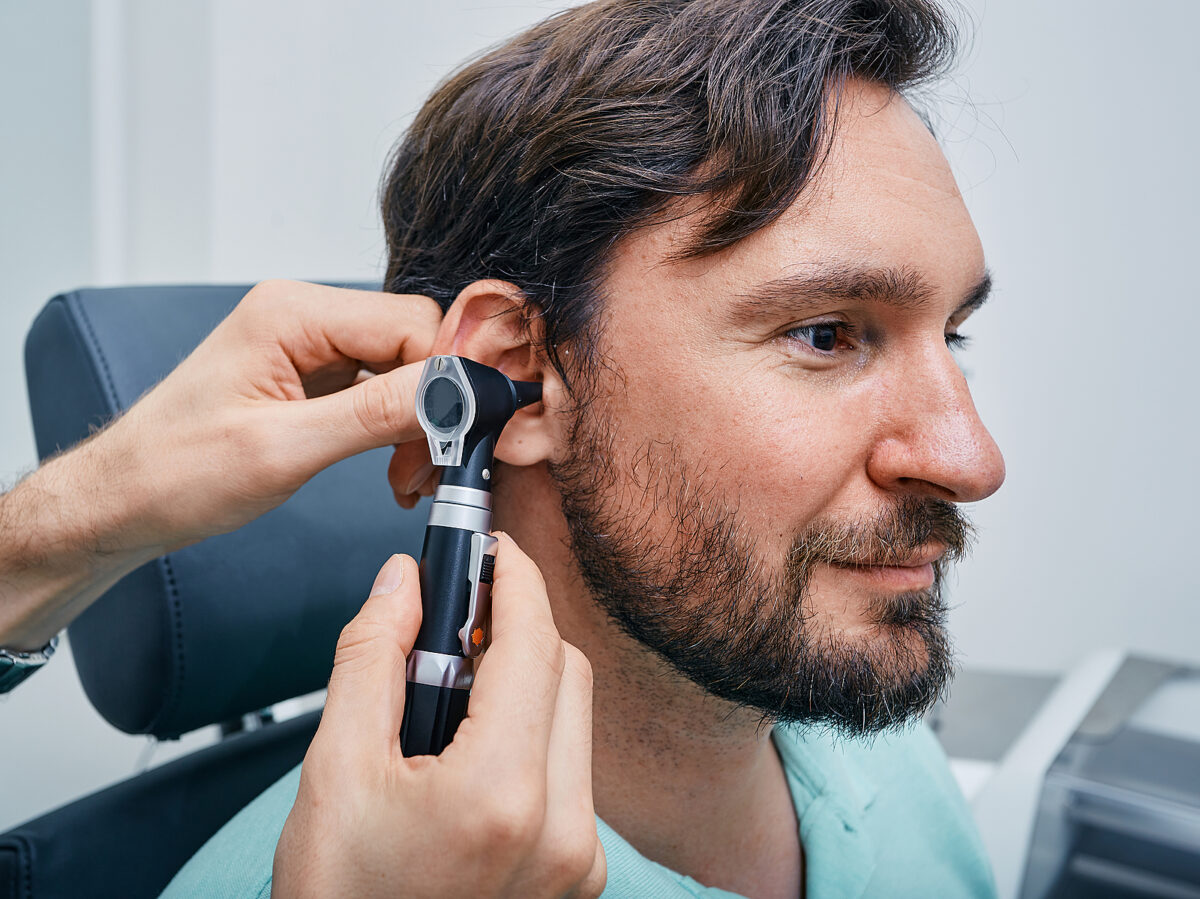When we ask relationship experts if they could recommend one way to improve relationships, a common theme emerges. Healthy relationships rely on good communication, and couples’ therapists and other experts agree that miscommunication underlies many other relationship issues. By definition, a relationship is a communication process between two people. When communication breaks down, that relationship can suffer in a number of ways. A lack of communication can make us feel distant from another person, and mixed up or muddied communication can make us feel confused or even untrusting of another. If you are having communication-related relationship issues, there are many steps you can take to make it easier to get along. One of those steps might surprise you: getting a hearing test. If you have undiagnosed hearing loss, you might have a physiological barrier to communicating. That communication barrier can manifest in much deeper relationship issues, so getting treatment is a crucial way to improve your connection. Let’s consider how that treatment can lead to an improved relationship with some hypothetical situations related to hearing loss.
Feeling Ignored
If we reach out to another person to communicate, some relationship experts consider this a bid for connection. When we extend ourselves looking for that connection, we are making ourselves vulnerable to the possibility that the other person will not reach back. For some with hearing loss, loved ones can feel ignored or pushed aside, simply due to the inability to hear. For instance, if a person calls out from another room with a simple question like, “Do you want to go out for dinner tonight?” the absence of a response can feel like being ignored. In the case of untreated hearing loss, that non-response might have nothing to do with the desire to have dinner together, but the effects on the relationship can be the same.
Feeling Misunderstood
In the context of a conversation, hearing loss can get in the way of connection, as well. When wee engage in a face-to-face conversation we enter the quick back-and-forth process of statements, questions, and responses. Each of these exchanges is an opportunity to demonstrate understanding, but they are also chances to miscommunicate. For instance, if a person discloses a personal piece of information, an opinion, or a deeply held desire, that communication warrants a response of affirmation, concern, or inquiry. Untreated hearing loss can transform that disclosure into a feeling of mistrust. If we communicate one of these vulnerable aspects of our inner lives to a person who does not hear, we can feel misunderstood, as if the connection is broken. Getting treatment for hearing loss makes it possible to restore the easy back-and-forth of these conversations, making it possible to express affirmation, concern, and inquiry, when appropriate.
Feeling Unloved
In the worst cases, miscommunication can make a person feel unloved. What it means to feel loved by another is different from one person to the next, and there is no silver bullet to make sure another person knows how much you love them. However, a common cause for feeling unloved is to feel a lack of words of affirmation. We need support, kindness, and expressions of praise from others to know that we are valued. If a person with untreated hearing loss does not pick up on these opportunities to express affirmation, it can fall to the wayside. Even when the internal reality is one of love and care, words are usually necessary to express how we feel about one another.
As you can see, untreated hearing loss can lead to a range of relationship issues, including feeing ignored, misunderstood, or even unloved. The solution is simple: seek treatment. The first step is to schedule a hearing test, and that exam is a simple way to know if undiagnosed hearing loss might be causing you relationship issues. After a hearing test, our hearing health professionals can recommend the right path of treatment for your individual needs. Once you have hearing aids or other treatment, you can reengage with your loved ones and see the results of improved communication. When you are able to hear what others have to say, you will be better equipped to express how you feel, as well.



